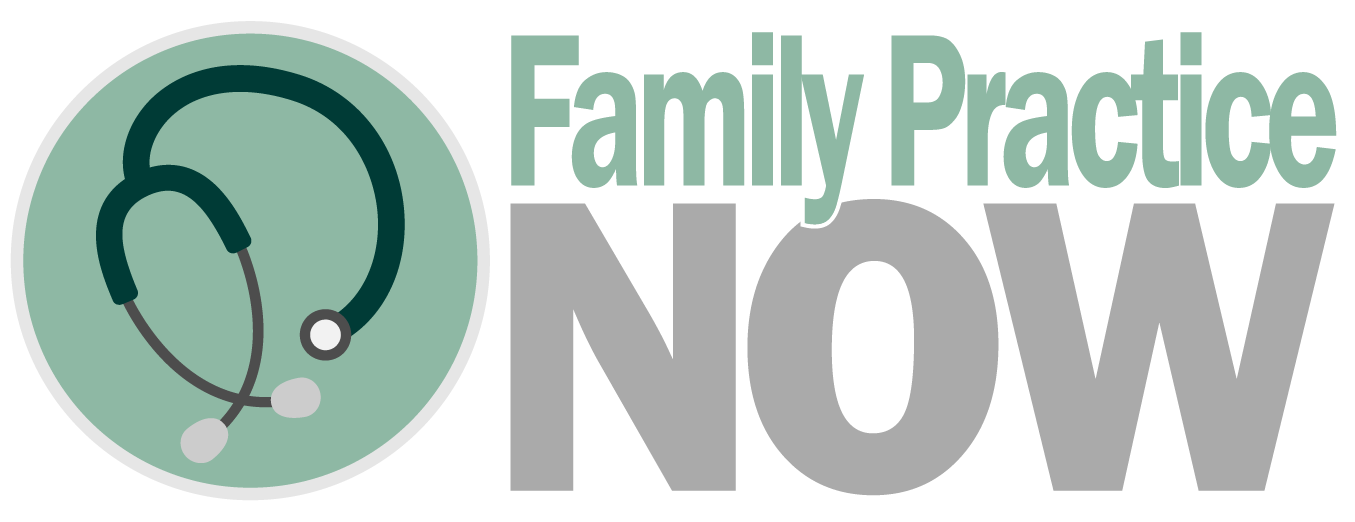Premier - Local Family Doctor
-
Hypothyroidism
Normally, a small organ called the pituitary gland works with your thyroid gland by sending signals back and forth in order to keep your hormone levels in balance.
-
What is Hypothyroidism
Symptoms of an underactive thyroid, or hypothyroidism, are a long list.At the top of the list is fatigue, feeling tired. Not uncommonly, patients start to feel cold. They’re more sensitive to the cold and would tend to be the first person in the house to turn the heat up.
They can gain weight. Their hair can start to fall out. Dry skin. Constipation. With women, they may notice that their periods are becoming heavier or, in fact, irregular. Men can notice, sometimes, difficulty in erectile function.









